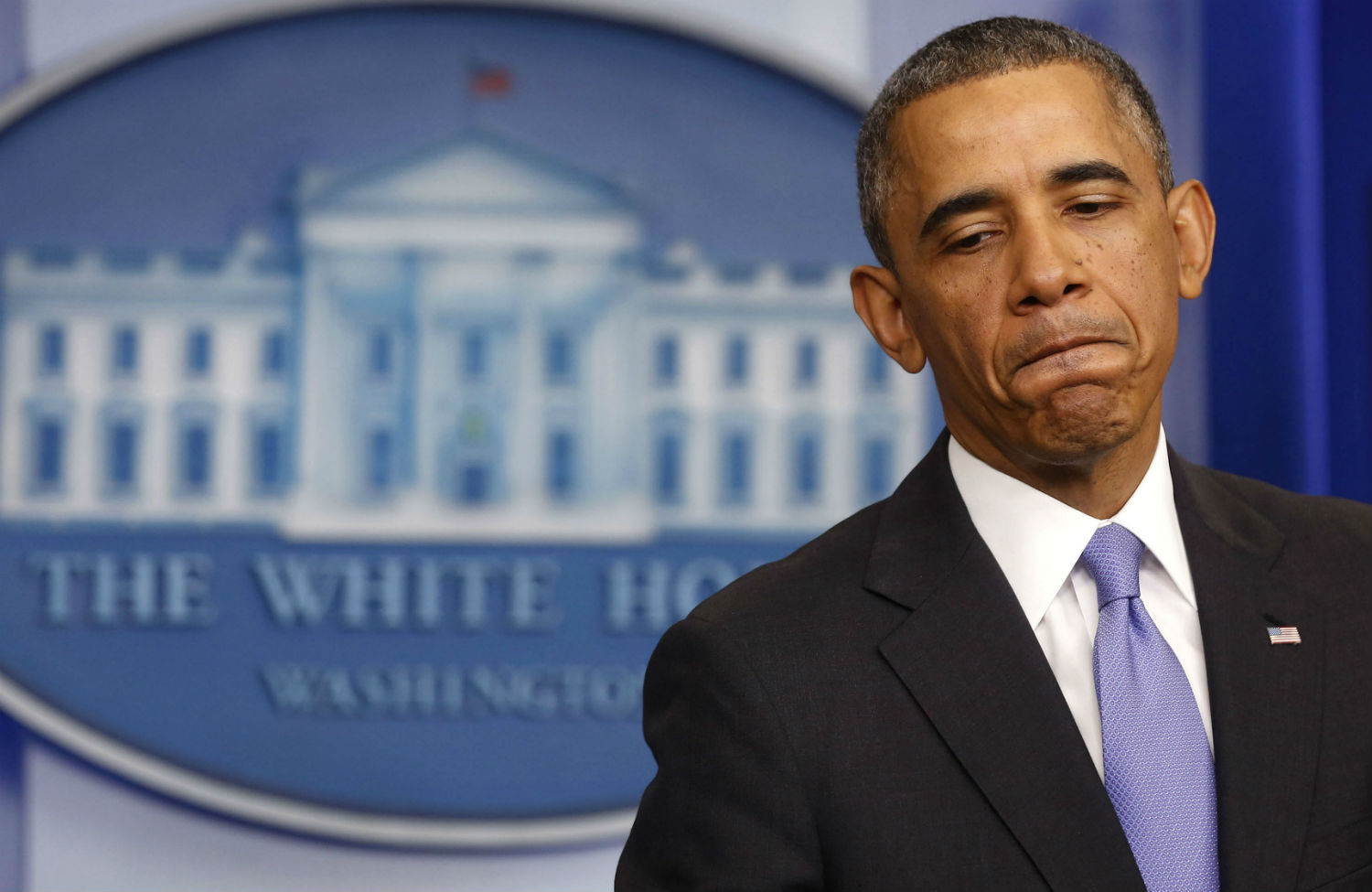Yes, it was a flawed compromise. But to achieve universal, humane healthcare for all, we first need effective implementation of the ACA.
The Editors
The Affordable Care Act began life as a compromise—a complicated and frustrating political calculation—and it is never easy to defend a compromise. But failure to do so at this critical stage in the rollout of the ACA will create a crisis not just for healthcare in America but for the notion that government can and should repair the breaches that threaten civil and humane society.
When President Obama and Democratic leaders in Congress decided to expend political capital to address the absolute failure of the free market to provide affordable, readily available healthcare to tens of millions of working Americans, they took off the table the right response to the crisis—a single-payer, “Medicare for All” system. They believed the best reform was politically unachievable, so they cobbled together a hybrid of public regulation and private insurance that has come back to haunt them. Now, as the peddlers of junk insurance game the system to defend their profiteering, and as Republicans gleefully spin incoherent “told you so” fantasies, some Democrats are going weak in the knees. Thirty-nine of them in the House simply threw in with the Republicans on November 15 to back an attack on the basic premises of “Obamacare.”
There is no question that the drafting and design of the Affordable Care Act was flawed (the administration should not have sacrificed the public option, for example). Nor is there any question that the rollout of the government ACA website was disastrous. These problems, of course, must be addressed. But the “fixes” now on offer from Congressional Republicans are, at best, a mangling of the initial plan and, at worst, acts of sabotage that will fatally undermine the promise of quality coverage for the uninsured and underinsured.
These are the stakes. And they are too high for progressives simply to follow cues from a shaken administration and a divided Democratic caucus. Progressives must step in not only as ardent advocates for better implementation of the ACA—a relatively easy task—but also for structural repairs to the law that will make it a better bridge to the truly universal, truly humane and truly functional healthcare system that America needs.
Step one is triage: the government must get websites and outreach initiatives up to speed. Step two is vigorous defense against the dark arts of Republicans who have wedded their party’s limited future to the project of destroying not just Obamacare but Obama. A divided and dysfunctional Democratic response will only strengthen the hand of the Republicans in 2014.
So unity is called for—but it must be a thinking unity. Progressives must prod the administration and Democratic leaders to fight harder and smarter. It’s time to go on offense against Republican governors who have refused to expand Medicaid, shamefully shutting 5 million Americans out of coverage (see Richard Kim on page 10). It’s time to start talking up the expansion of public health programs that are part of the broader ACA agenda, and that will mend a torn safety net in communities across the country. And it’s time to embrace and encourage speedy application of new regulations that will rein in abusive and recalcitrant insurance companies.
Healthcare is a right, and reforming America’s broken system is a social and economic necessity. The Affordable Care Act is a modest reform, with flaws rooted in the compromises that shaped it. But it is not a compromise to fight for the ACA’s effective implementation. Indeed, winning that fight will make future reforms all the more possible.
In this week’s issue of The Nation, Richard Kim looks at the Republicans’s efforts to derail the Affordable Care Act.
The Editors